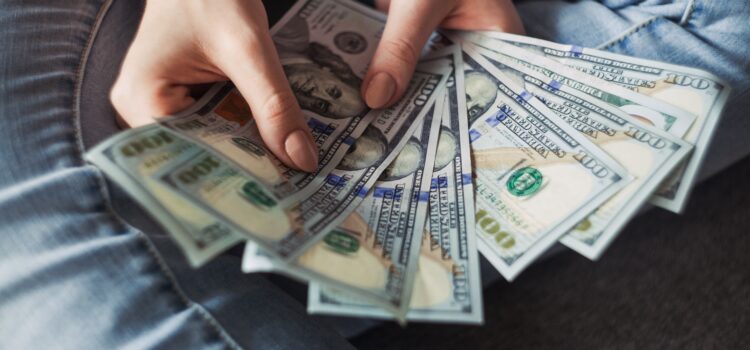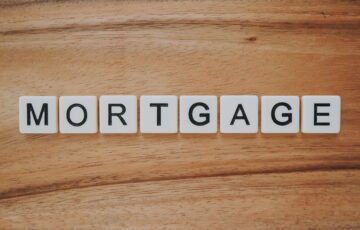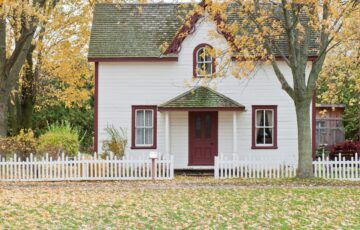
This is one of the hardest topics
To spend or not to spend… that is the question.
How do you expect to live a financial free life and enjoy retirement? Luck? Nope! You need a financial game plan. All your financial choices today have an impact on your future financial health.
Should you live a good life with nice things? Yes, 100% yes, but with moderation!
My biggest expenses are saving and investing, travel and vehicles (yes, I love cars!).
Wait. Did you just say saving and investing is your biggest expense? Yes, yes, I did! You may ask, “what? that’s not even an expense!”
Well, it is.
Everything is about how you frame it
My goal is to have an enjoyable financial future and hopefully an early retirement. I have forced myself to think of saving and investing not as wants, but as necessities. I treat it as a monthly expense. It is not my money for today, it is my money for the future. By making it appear as an expense, I feel an instant accomplishment and a sense of ugh… I barely have any fun money!
You may say, “well, I don’t have any extra money at the end of the month after I pay all my bills to save or invest.”
At your initial glance, yes, that may be true. But what are you prioritizing? Do you have a super nice car payment? An expensive apartment? Why do you keep upgrading and getting nicer things, just for a nice and larger payment? If you get a raise at work, you should not increase your living comfort, but increase your saving and investing comfort!
Let us run through an example:
Jill makes $75,000 per year. Her apartment costs $2,500 a month and she has an average car payment of $500 per month. She keeps saying, “I don’t have any extra money and I don’t know where it is going…”
$2,500 per month is over $30,000 a year in the cost of the apartment (without utilities) and then an additional $6,000 a year in car payments (and this does not even include the cost of gas or insurance!).
At first glance, you are like well $36,000 from $75,000 does not seem that bad! But we have not taken account taxes! The current IRS marginal tax rate on $75,000 for single filers is 22%. This means Jill will only take home $58,500 a year or $4,875 per month.
Check out this great Tax Form Calculator to see how much you are paying in taxes: https://www.taxformcalculator.com/tax/
$2,500 for this nice apartment is 51% of Jill’s take home pay per month, after taxes… and this does not include any other expenses like health care, groceries, etc.! No wonder she feels stuck and has no money at the end of the month.
Set this goal: Always try and keep your expenses low as possible.
I think a good goal is to keep housing between 25% – 30% of your monthly take home pay (aka after taxes). Regarding vehicles, I like keeping it between 10% – 15% of your take home pay. If you keep your expenses low, you can save and spend without being stressed. You can invest, save and pay your lifestyle expenses without sacrifice!
Financial freedom is flexibility
If you can reduce your expenses now, you will be able to save more, invest more and thereby can spend more.
The spend versus save dilemma is real and we all face it every day. Do we decide to buy that new and expensive car because the car dealership told us, “you can afford it!”. Have you ever wondered why the dealership asks what your monthly budget is based on your income? They want to sell an even more expensive car! They can extend out the financing further into the future, making it appear this expensive car is “more affordable.”
You and only YOU can take care of your financial future. The less you owe, the less in expenses you must pay every month. Lower expenses gives you more and more financial freedom and the ability to do whatever you want! You work hard for your money, so your money should work hard for you!
Your financial future is up to you and only you. What are you going to do about yours?
Until next time,
Zach


